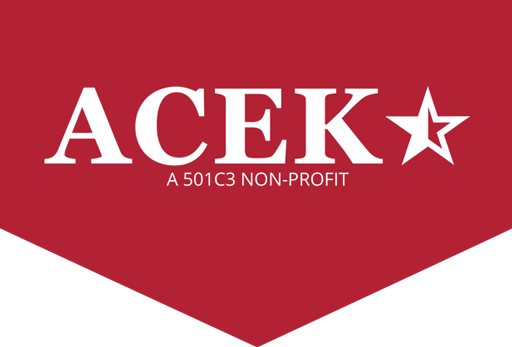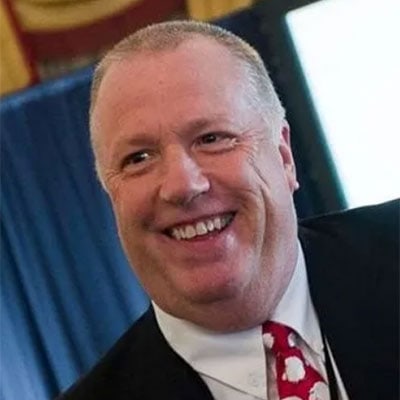The collision between American exceptionalism and Chinese communism will define the 21st century. The winner will likely determine what the globe looks like for the next hundred years—and beyond.
What exactly is American exceptionalism? It’s a term frequently used but rarely defined. At its core, it’s about individual liberties and a shared set of values. But what are these values, and what makes them so central to a uniquely American experience? Is our American system truly different from all other nations? To understand what American exceptionalism is, one must first understand what it’s not. For that, there’s no better example than the People’s Republic of China.
China proclaims itself to be “the people’s” republic. Yet their idea of “for the people” is very different from our own. Founded through a proletarian, revolutionary movement, it’s a state-controlled, top-down system of governance that’s hostile to the very hallmarks of American exceptionalism. The Chinese Communist Party (CCP) controls almost every aspect of the life of its citizens—from where you can work to how many children you can have. Most of all, it’s about obedience—to whatever directive the state issues. In truth, their very name, the People’s Republic, is at best a misnomer. What do the people of China have to do with anything other than to be good citizens and do what the government tells them? Otherwise they risk ending up missing or sent to a camp for “re-education.”
That the CCP has launched a new Cold War against America is undeniable. Chinese money and influence now permeates every aspect of American life. Economically, China owns $1.1 trillion dollars of U.S. debt. They directly or indirectly control over 2,400 U.S. companies, cutting across our most vital sectors including finance, technology, agriculture, and pharmaceuticals.
As we learned during the height of the pandemic, the United States imports almost all antibiotics from China. Likewise, almost all the fentanyl (opioids) that has killed hundreds of thousands of Americans (and devastated tens of millions more) comes from China, as well. The same influence is seen across education, media, and entertainment, where Chinese money is used to influence both the content and messaging of what America learns, hears, and sees, and, more importantly, what we don’t.
China recently opened yet another front in their Cold War against America. Just this past week, after creating the world’s first digital COVID-19 passport, China began lobbying the World Health Organization to appoint them to head a global coronavirus passport system. The result of such a system would of course be a worldwide, Chinese-led surveillance state, the implications of which are beyond frightening.
By contrast, American exceptionalism is centered on the preeminence of three fundamental core values: the individual, freedom of will, and the merits of assuming personal responsibility.
First is the affirmation that our individual liberties—freedom to speak as we choose, freedom to pray to God in our own way, and the right to gather freely with our family and friends without fear of government interference—comes from nature, not from government. The second is the moral requirement that we all have a responsibility to help each other—and not because government tells us we must. Third, and perhaps most important, is the legitimacy of government comes from the consent of the governed and is supposed to be from the bottom-up, not the other way around. It’s these shared values, with clear Judeo-Christian roots, that makes America exceptional, and uniquely different from any other country in the world.
There’s a reason America is history’s longest continuous democratic constitutional republic (we have never really been a democracy). At the center of it all is a separation of powers, a system of checks and balances, and most importantly the ideals of American exceptionalism—all designed to protect the liberties and rights of the minority from the will of the majority. The world that China seeks to lead is one defined by state dictums and state control, and is our exact opposite.
Until we accept that the CCP is an existential threat and represents to the 21st century what the Soviet Union represented to the 20th century, the United States has no hope of prevailing in this epic collision of ideologies. If America has any hope of victory in this new Cold War, it will require a renewed focus on what once helped us become the leader of the free world—American exceptionalism, and a recentering on the liberties and shared values upon which this country was founded.
The history of American exceptionalism versus the People’s Republic of China will be written by whomever emerges victorious, as has always been the case. Let’s hope we’re the ones writing the history books when the time comes.
Source: The Epoch Times




